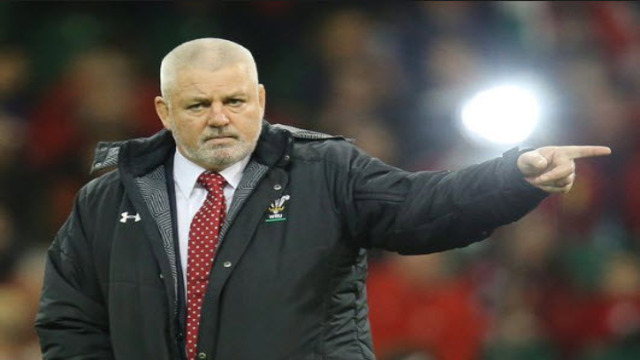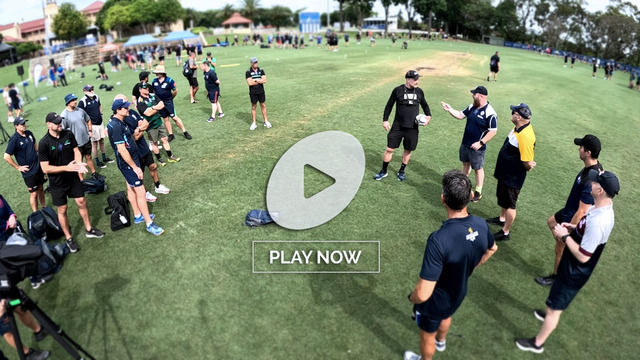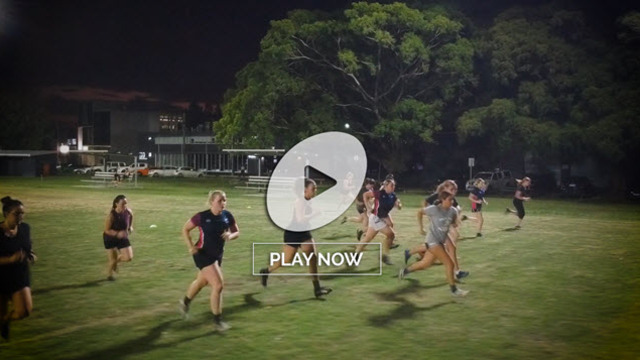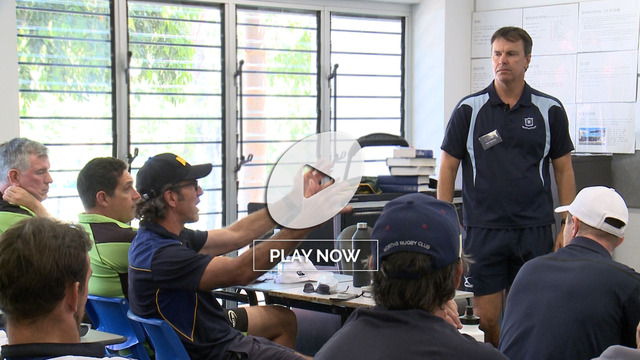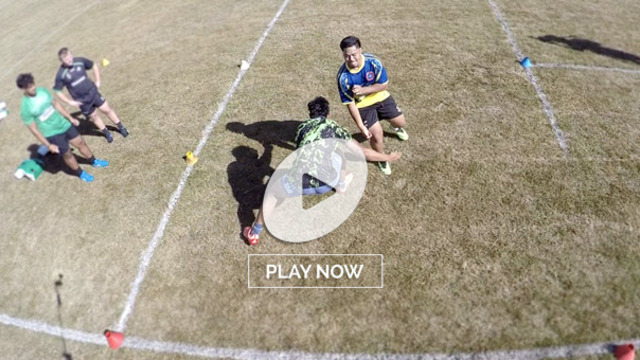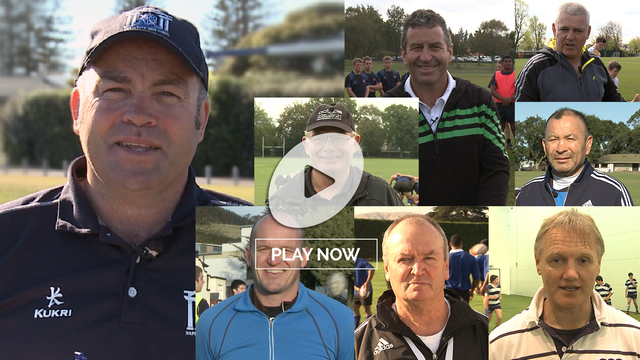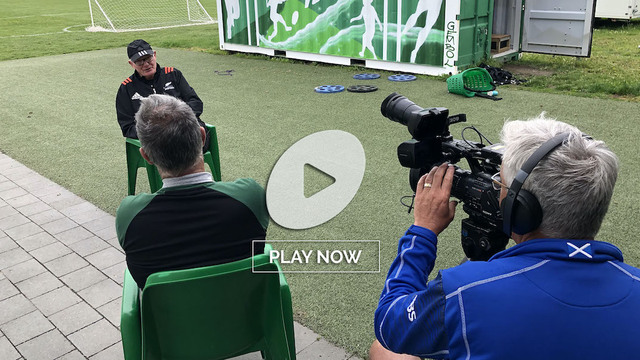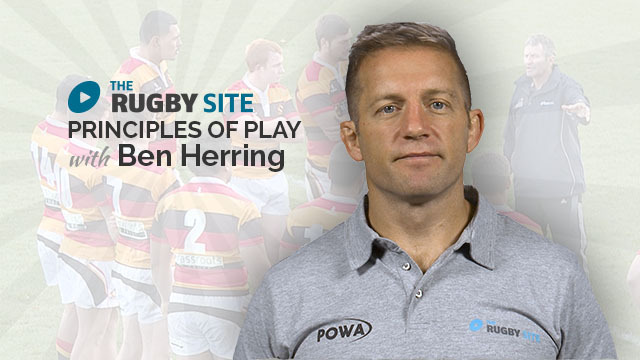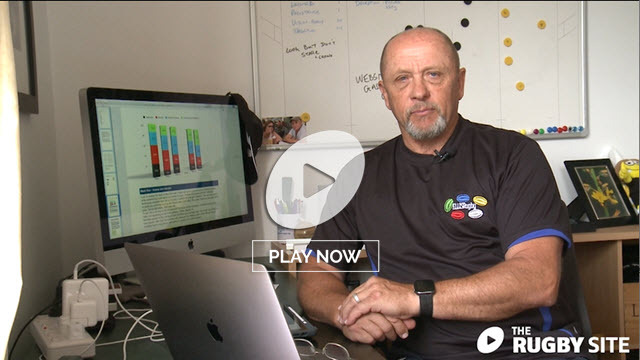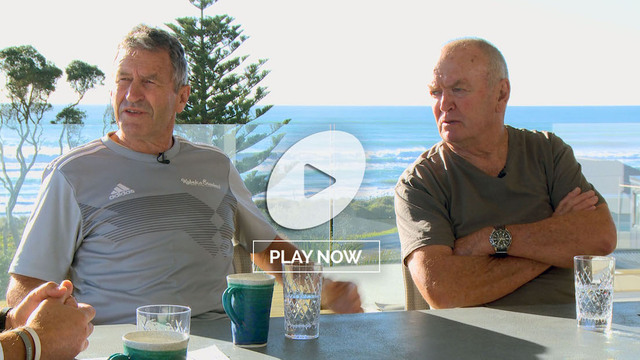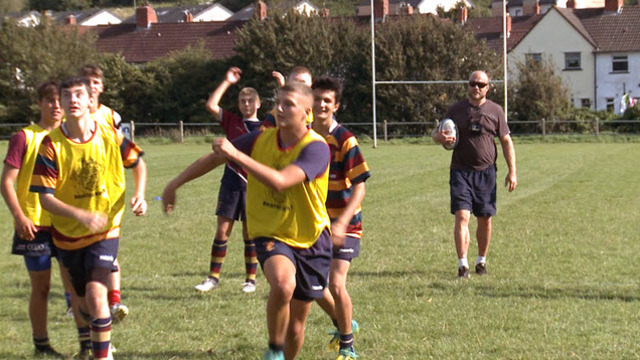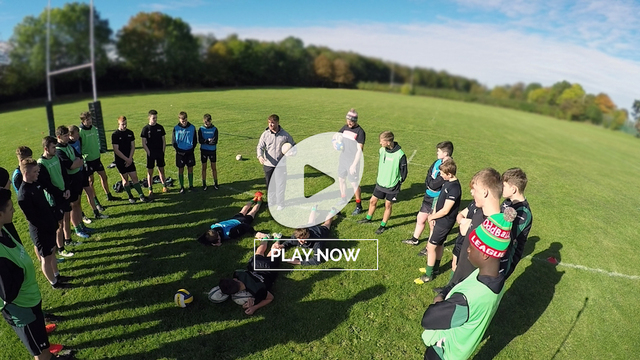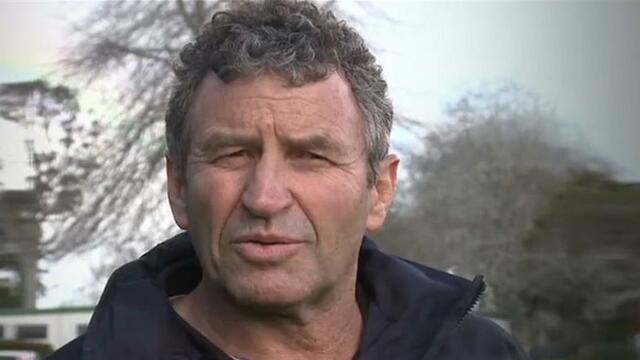How Warren Gatland won the preparation war in Cardiff
On a recent holiday trip to the Canary Islands, my main reading material was a history of the Indian Mutiny of 1857 by William Dalrymple, entitled The Last Mughal.
An account of the Mutiny as it occurred in the capital city Delhi, it is a magnificent sprawling work, which reaches downwards to the very roots of the event. It is truly epic in scale.
A clue to its success in telling such a complex story lay in the research Dalrymple undertook for the project. Unlike so many English-language historians before him, he did not satisfy himself with English primary sources – travelogues, diaries, letters and histories and the like.
As Dalrymple points out, they carried with them “not only the British version of events but also British attitudes and preconceptions about the whole Uprising”.
He turned instead to the National Archives of India in Delhi, which contained more than 20,000 documents written in Persian or Urdu and are collectively known as ‘the Mutiny Papers’.
As Dalrymple delved more and more deeply into this treasure chest of stories, “the question that became increasingly hard to answer was why no-one had properly used this wonderful mass of material before. For at a time when ten thousand dissertations… have carefully and ingeniously theorized about orientalism and colonialism… not one PhD has ever been written from the Mutiny Papers, no major study has systematically explored its contents.”
The triumph of The Last Mughal lies in its ability to shift between two versions of the same story and weave both together in one wonderfully lucid narrative.
Like those PhDs Dalrymple mentions, the preparation of rugby coaches can be too one-sided – focused too much on their own team’s patterns and too little on the problems presented by their opponent. It can often lack the knowledge that comes from real experience ‘on the other side of the fence’.
The antennae of Wales head coach Warren Gatland were on full alert as soon as he heard that England planned to delay their arrival in Wales until late on Friday afternoon: “I think it is a significant mistake. Going through Newport at 5pm on a Friday is not the best thing to do and it will be an experience for them with tractors and buses holding things up.”
It was a simple and obvious error, but one which set the tone for the weekend as a whole.
Gatland’s knowledge of the game in the U.K and Ireland is anything but one-sided. He has coached in Ireland, Wales and with Wasps in England. More importantly, he has coached on three consecutive British & Irish Lions tours – first as the chief support coach to Ian McGeechan in South Africa in 2009, then as the head man in Australia in 2013 and New Zealand in 2017.
The research hours he’s spent on players from all of the home nations in the year before the tours began, the evaluations in training camps and matches once they had started, and the shared off-field experiences have given Warren Gatland an unrivalled insight into the opposition psyche.
He is in a better position to weigh the strengths and weaknesses of his own players against those of the other home unions, because he knows them almost as well.
So while some of the England players were talking about ‘focusing on themselves’ in the build-up to the match, and most pundits were predicting a comfortable England win – a 15-point spread, according to Gatland in his post-match interview – the Welsh coach was busy assessing the unique challenge presented by England with the benefit of a more intimate knowledge of the individuals in Eddie Jones’ side.
Two of the English players he singled out for special attention were tight-head prop Kyle Sinckler and full-back Elliott Daly.
Gatland knew both from the 2017 Lions tour of New Zealand. He picked Sinckler for that tour before he was a regular starter for his country (he made the Test 23 from the bench), and he selected Daly on the left wing, not at full-back, for the Lions run-on side.
The reasons for both of Gatland’s selections in New Zealand became more evident as the game in Cardiff unfolded. Against Sinckler, the pressure-point was psychological; versus Daly, it was more technical.
Before the game, Gatland had flagged up some issues with Sinckler’s temperament: “There is sometimes a challenge with temperament. He is aware of it, as are other players. He has been involved in a couple of incidents this Six Nations. Emotionally he can be a bit of a timebomb. We will not be going out to antagonise him but the big challenge for him is to keep his emotions under control.”
The effort to get under Kyle Sinckler’s skin was of course a deliberate Welsh policy in the match, and the player chosen to do most of the needling was the captain, Alun-Wyn Jones. He is well-known as someone who is able to trash-talk and create ‘niggle’ without losing his own focus.
The process of bringing Sinckler to boiling point reached its climax in the third quarter:
Alun-Wyn gives Sinckler a bump at the side of the English ruck before being flattened on the kick-chase by the same player. At the very next breakdown, Sinckler gave his opposite number Rob Evans a push in the back of the head, and the Welsh captain was able to plant the seed of ‘foul play’ by the England tight-head in the mind of referee Jaco Peyper.
There was a lot of talk at the front of the lineout when Sinckler was busy establishing the line from touch, and by the 48th minute the Welsh policy was clearly beginning to bear fruit. After a skirmish developed on the side-line, Sinckler once again found himself confronting the Wales second row:


It is Sinckler who is adopting the threatening posture and getting sucked into the confrontation, while Alun-Wyn Jones is clearly still in emotional control of his game.
Between the 54th and 57th minutes, Kyle Sinckler conceded three quick penalties – Wales’ total in the entire game – as his discipline began to fall to pieces. Firstly, he was pinged for offside:

Then for a body-check on Gareth Anscombe
Finally, he was penalized for executing a choke-hold on Alun Wyn-Jones in the tackle
The refereeing tide had already turned against Kyle Sinckler at this stage, with Peyper having briefly considered a yellow card for the challenge on Anscombe and announcing after the following penalty: “It’s the same player… he has to take a warning.”
Sinckler’s immediate substitution coincided with the final, and most important momentum swing in the game. Wales advanced from 6-10 down to win the game 21-13. After they had done their work with Sinckler, England lost the last 23 minutes of the match by a score of 15 points to 3.
Wales’ other target in that critical period was the England full-back Elliott Daly, and gave a clue to Gatland’s reasons for preferring Liam Williams at 15 and Daly at 11 for the 2017 Lions.
At the beginning of the second period Wales had already switched their kick-offs from kicks to the corner, to aerial challenges down the middle on Daly. While Williams took all of the ball kicked towards him and more, in the final quarter Wales won three crucial balls which could have been taken by the England full-back:
The final example was an illustration of the perfect match-up for the home side, with Josh Adams having been switched to the right wing with just this type of scenario is mind.
Summary The Scottish poet Robbie Burns once wrote, “O wad some Power the giftie gie us, to see oursels as ithers see us!" (Oh would some Power the gift give us, to see ourselves as others see us.)
The uniqueness of Warren Gatland’s coaching background has offered him a rare ability to know the strengths and weaknesses of opposition players as well as his own. He has coached and toured with the vast majority of them in the British & Irish Lions!
That ‘inside knowledge’ gave him a priceless advantage against England in Cardiff. Gatland knew back in 2017 that Kyle Sinckler burned on a short fuse and could be pushed beyond his emotional limits, especially when goaded by a cool wise old head like Alun-Wyn Jones. Sinckler had played only the final 20 minutes or so for Gatland in the New Zealand series.
He also knew that Liam Williams was a better full-back in the air than Elliott Daly, and that Wales could win a contest with those two featured as the main characters. Daly was a left wing when playing for Gatland in New Zealand.
Those focal points in the game also showed how some players can best be exploited technically, others psychologically. The weakness may not show for 50 or 60 minutes or more, but if you persist, sooner or later it will make a difference.
At the entrance to the San Antonio Spurs Basketball facility, there is a sign with a quote on it:
“When nothing seems to help, I go look at a stonecutter hammering away at his rock perhaps a hundred times without as much as a crack showing in it. Yet at the hundred and first blow it will split in two, and I know it was not that blow that did it, but all that had gone before.” – Jacob Riis
